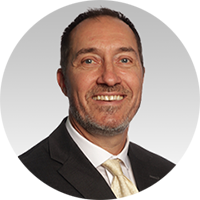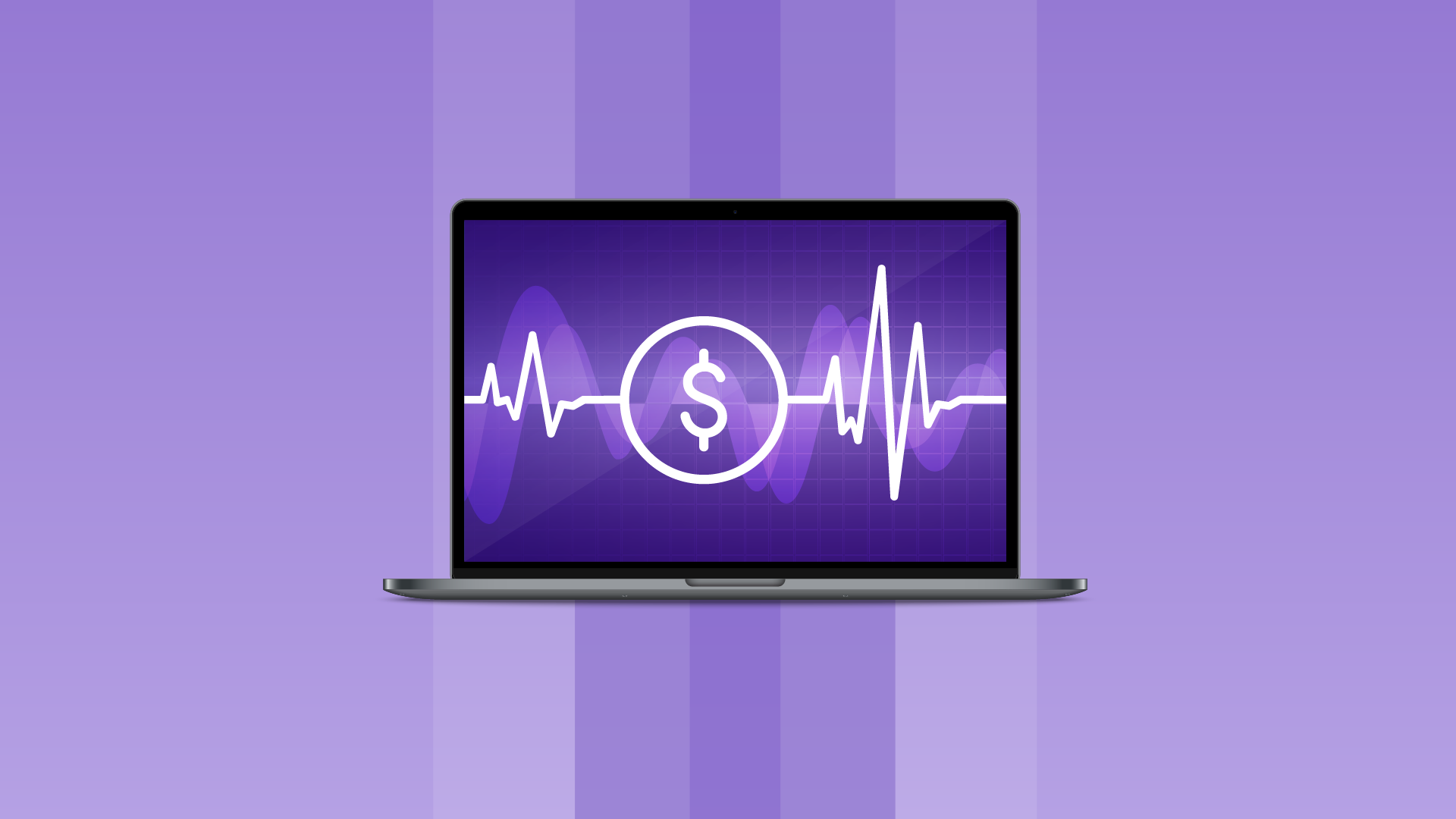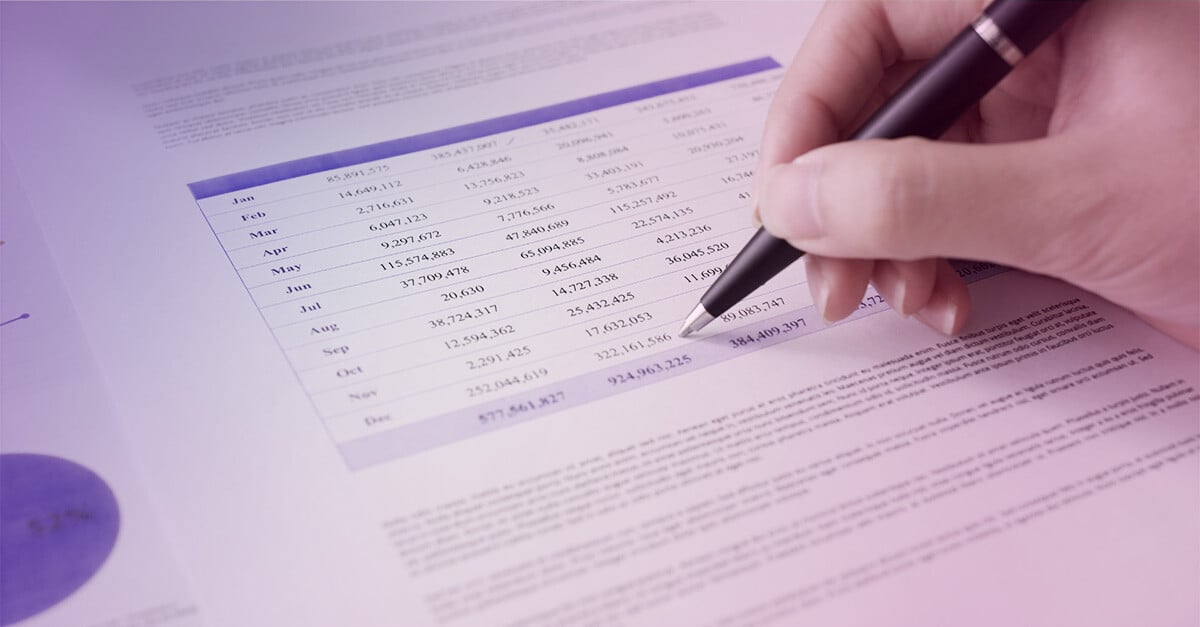Several alleged schemes that billed for unnecessary and expensive genetic testing as well as “pill mills” dispensing millions of opioids are among the major fraud busts of the third quarter of 2019, many of which spanned several states. Read on for our round-up of the top 10 busts reported from July through September of 2019.

How Health Partners Plans recovered a >$1M overpayment
Read the case study
1. Nationwide genetic testing scheme: $2.1 billion
Calling it “one of the largest healthcare fraud schemes ever charged,” the Department of Justice has indicted 35 people affiliated with telemedicine companies and cancer genetic testing laboratories. The alleged scheme involved the laboratories paying illegal kickbacks and bribes in exchange for the referral of Medicaid beneficiaries to have unnecessary and expensive cancer-related genetic tests. According to the DOJ, the patients were referred to the lab by medical professionals working with fraudulent telemedicine companies.
2. Northeastern opioid diversion: $800 million
Pharmacists, marketers, doctors, and the owners and operators of a genetic testing laboratory are at the heart of a massive bust spanning seven federal districts across the northeast. The scheme included the distribution of more than 3.25 million opioid pills in an alleged effort to defraud federal payers. Several defendants affiliated with a genetic testing lab are indicted for payer kickbacks and other fraud associated with unnecessary testing.
3. Western Medicare and Medicaid fraud: $258 million
The DOJ has charged 34 people in California, Oregon, and Nevada for their involvement in supposed schemes targeting Medicare and Medicaid. The defendants are accused of billing for services, testing, and prescriptions that were medically unnecessary or not provided to patients at all. The wide-ranging bust involved several federal law enforcement agencies and was led by the agency’s Health Care Fraud Unit, with the support of each estate’s Medicaid Fraud Control Unit.
4. Midwest Medicare bust: $250 million
Seven doctors and other medical professionals are among 53 people charged for alleged Medicare fraud schemes for procedures and prescriptions that were medically unnecessary or never provided at all. The bust, which centered on Detroit, Chicago, and Minnesota, includes falsified contracts with pharmacy benefit managers, home healthcare schemes, and kickbacks to Medicare beneficiaries. Medicaid and private health plans were also billed for the unnecessary services.
5. Florida and Georgia prescription bust: $160 million
A federal operation across Florida and Georgia has led to charges against 67 people for several schemes to allegedly defraud both public and private insurance programs. The defendants are accused of billing for medically unnecessary prescriptions, durable medical equipment, and services. One is charged with stealing and selling personally identifiable health information, then using it to submit fraudulent claims to Medicaid. Another is accused of stealing providers’ identities.
6. California home health and hospice care kickbacks: $115 million
Two Bay Area providers are at the center of an alleged kickback scheme that led to federal charges against 30 defendants. Amity Home Health Care, the largest home healthcare provider in the region, is accused of paying kickbacks to medical professionals and marketers in exchange for referring Medicare patients to both Amity and a related hospice service provider. The kickbacks included “literal envelopes of cash” as well as lavish gifts such as luxury handbags.
7. New Jersey pharmacy fraud: $99 million
Four people affiliated with pharmacies in New Jersey and New York City are accused of bribing doctors to send them prescriptions and receiving reimbursement for medications that were never dispensed or not even in stock. The pharmacies provided specialty medications for conditions including Hepatitis C and rheumatoid arthritis. The defendants were reimbursed by Medicare and Medicaid as well as private health plans, according to the indictment.
8. Texas pill mill: $66 million
Fifty-eight defendants have been indicted for their alleged involvement with a network of clinics that dispensed over 6 million pills, as well as compounded medications that were medically unnecessary or never distributed to beneficiaries. According to the DOJ, the schemes targeted Medicare, Medicaid, TRICARE, the federal workers’ compensation program, and private insurers while contributing to the ongoing opioid crisis.
9. Tennessee unnecessary testing scheme: $25 million
Several defendants who operated more than 60 pain clinics across 12 states are accused of submitting false claims for medically unnecessary and excessive testing to defraud Medicare and TennCare, a state Medicaid program. The DOJ says the clinics, operating under the name Comprehensive Pain Specialists (CPS), would automatically conduct drug testing, genetic blood testing, psychological testing, and more on nearly all patients without regard to risk or need. CPS also allegedly required providers to send all urine specimens and blood work to its own lab for higher reimbursement.
10. New Jersey workers’ comp fraud: $10 million
A doctor and three others associated with a pharmacy have been charged for an alleged scheme involving prescribing and dispensing medically unnecessary pain creams. The physician treated hundreds of U.S. Postal Service employees for injuries they purportedly suffered at work, prescribing topical pain creams most did not need or want. According to the complaint, he then steered the prescriptions to a pharmacy owned by two of the other defendants. The physician submitted forms and medical reports to the federal workers’ compensation program on behalf of patients who traveled from as far as Florida.
To recover overpayments from providers, health plans must perform advanced statistical analysis and extensive medical record review in order to confidently request reimbursement with any likelihood of success. Download our new case study to learn how Health Partners Plans, serving more than 250,000 members in Pennsylvania, successfully recovered more than $1 million in overpayments related to upcoding from a provider group.






